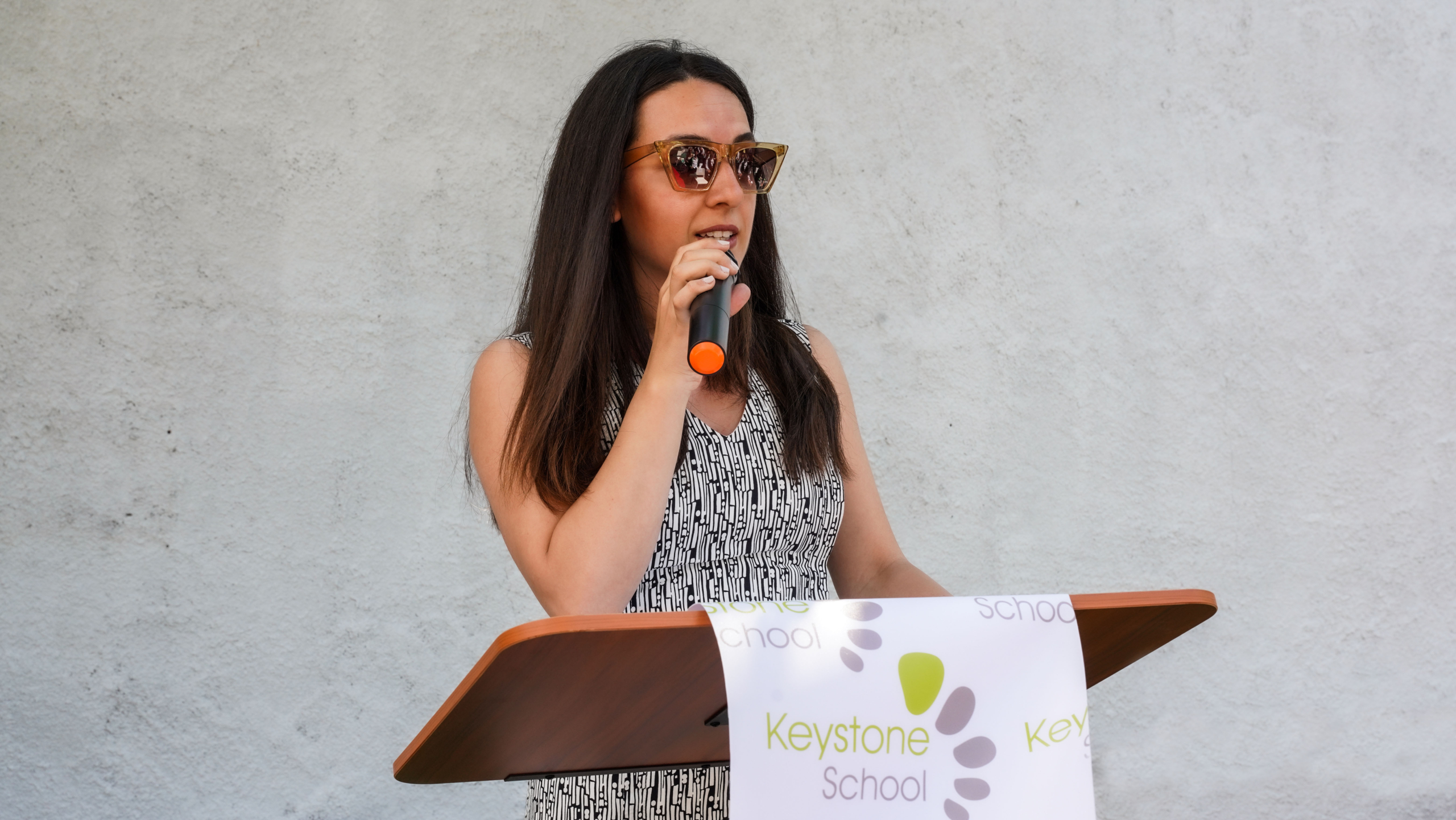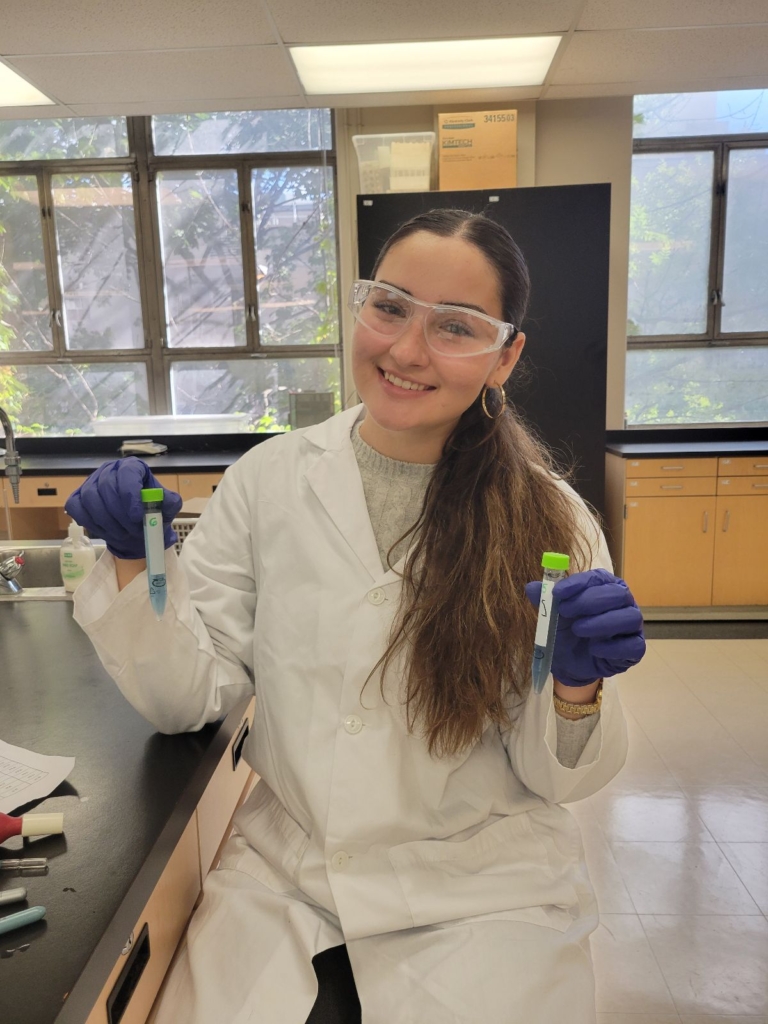This week, we had the pleasure of sitting down with our IB Coordinator, Ece Ozturk, to learn more about the International Baccalaureate program and Keystone’s candidacy.
She answers all of our questions below.
Can you tell us about your background and how you came to work at Keystone School?
I graduated from Istanbul University with a Bachelor’s degree in Mathematics and obtained my teaching certification at the same time. I began my career at Keystone International Schools in Istanbul, where I worked for seven years and also served as the Round Square Coordinator. During this time, I pursued a Master’s degree in Educational Administration and Supervision at Yeditepe University in Istanbul. My dissertation focused on comparing the mathematics curricula of Ontario and Turkey, which deepened my understanding of global education systems.
In 2022, I moved to Toronto and joined Keystone School as the Academic Coordinator and Online Program Coordinator. This year, I have also taken on the role of IB DP Coordinator, expanding my responsibilities and involvement in guiding students and staff in the Diploma Programme.
Why did Keystone School decide to adopt to the International Baccalaureate program?
Keystone School was drawn to the International Baccalaureate (IB) program because of its emphasis on fostering global-mindedness, critical thinking, and inquiry-based learning. The IB aligns perfectly with Keystone’s vision of preparing students for the challenges of a rapidly changing world by encouraging them to become independent thinkers, responsible global citizens, and lifelong learners.
Personally, I was inspired by the IB’s holistic approach to education, which integrates rigorous academics with the development of essential skills, including collaboration, creativity, and intercultural understanding. At Keystone, the IB program also supports our commitment to offering a broad, balanced, and connected curriculum that emphasizes both academic excellence and personal growth. This shared philosophy made the IB a natural fit for our school community.
How would you describe the mission and philosophy of the IB program?
The IB program aims to create a better and more peaceful world through education by developing knowledgeable, caring young people who can contribute meaningfully to global society. It emphasizes intercultural understanding, critical thinking, and ethical responsibility. The program encourages students to explore and engage with real-world issues, fostering intellectual curiosity and a commitment to lifelong learning, while preparing them to make a positive impact on the world.
What do you think sets the IB program apart from other educational programs?
The IB program is distinct in its focus on developing well-rounded, globally-minded students. It is inquiry-based and emphasizes critical thinking, intercultural understanding, and personal responsibility. The program encourages students to connect ideas across disciplines and fosters service, creativity, and reflection. Its rigour prepares students not just for university but for lifelong learning and active global citizenship.
Why do you think the IB educational approach suits Keystone School and its staff and student body?
The IB approach aligns closely with Keystone School’s mission to develop global citizens who are academically driven, ethically responsible, and culturally aware. The program values inquiry-based learning and interdisciplinary exploration, which are integral to our educational philosophy. It also promotes personal growth through its holistic approach, balancing academic rigour with creativity and service—qualities that resonate with our students. For our staff, the IB framework supports collaboration and innovative teaching, empowering educators to challenge students to think critically and make meaningful connections in their studies.
Can you explain the different components of the IB Diploma Programme and how they will be implemented at Keystone?
The IB Diploma Programme at Keystone consists of six subject groups: language and literature, language acquisition, individuals and societies, sciences, mathematics, and the arts. There are also three core components: Theory of Knowledge (TOK), the Extended Essay (EE), and Creativity, Activity, Service (CAS). TOK encourages students to explore how knowledge is constructed, EE allows for independent research, and CAS promotes personal growth through community service and projects. At Keystone, these components will be integrated through inquiry-based learning, with strong support from teachers and a clear timeline to help students manage their academic and personal development.
How do you plan to support students in balancing the demands of the IB program with other extracurricular activities and personal commitments? How do you plan to prepare students for IB assessments and exams?
To help students balance the demands of the IB program with extracurricular activities and personal commitments, we’ll focus on time management and individualized support. Students will receive guidance in planning their schedules, prioritizing tasks, and breaking larger projects like the Extended Essay (EE) into manageable steps. Regular check-ins and a supportive learning environment will ensure students can discuss challenges and adjust their workload if needed.
To prepare students for IB assessments and exams, we’ll provide structured practice and clear feedback. Students will engage in formative assessments designed to reflect IB exam styles, helping them build confidence and familiarity with the expectations. Workshops on exam techniques, understanding rubrics, and strategies for stress management will also be included. Our goal is to ensure students feel confident and supported throughout their IB journey.
Where does Keystone School stand on maintaining academic integrity?
Academic integrity is a core value at Keystone School. We teach students the skills they need to uphold this principle and emphasize accountability for their work. Through ongoing communication between students and teachers, students show that their work is authentically their own, building trust and honesty. To maintain academic integrity, we set clear guidelines and educate students on the importance of honesty. All assessments are proctored in a controlled environment to prevent misconduct. Additionally, assignments and exams encourage critical thinking and creativity, reducing the chance of dishonest behaviour. These measures help promote a culture of integrity and accountability, preparing students for future academic and professional success where integrity is essential.
How will parents be engaged and included in the IB program?
Parents will be engaged through regular communication, workshops, and meetings to ensure they understand the IB curriculum and how they can support their child’s success. They will have opportunities to attend school events and offer feedback. Parents are also invited to be part of key committees, such as the Language Policy Steering Committee and the Inclusion Policy, where they can contribute to shaping the school’s approach and further strengthen the connection between home and school.
What are your goals for the IB program at your school in the next few years?
My goals for the IB program at Keystone in the next few years are to ensure its growth, alignment with IB standards, and continuous improvement in both academic and holistic student development. I aim to further enhance the support systems for students, providing them with resources and guidance to succeed in both their studies and personal growth. I plan to foster a strong sense of community by increasing parent involvement and collaboration and to strengthen the overall effectiveness of the program, ensuring it remains rigorous, relevant, and impactful for all students.
What advice would you give to a student interested in joining the IB program at Keystone?
I would advise a student interested in joining the IB program at Keystone to be prepared for a challenging yet rewarding experience. The IB program requires dedication, time management, and a strong work ethic while it also offers the opportunity to develop critical thinking, creativity, and global awareness. It’s important to stay organized, seek support when needed, and remain open to new ideas and perspectives. Being proactive in balancing academics with extracurricular activities and personal commitments will help you succeed.







